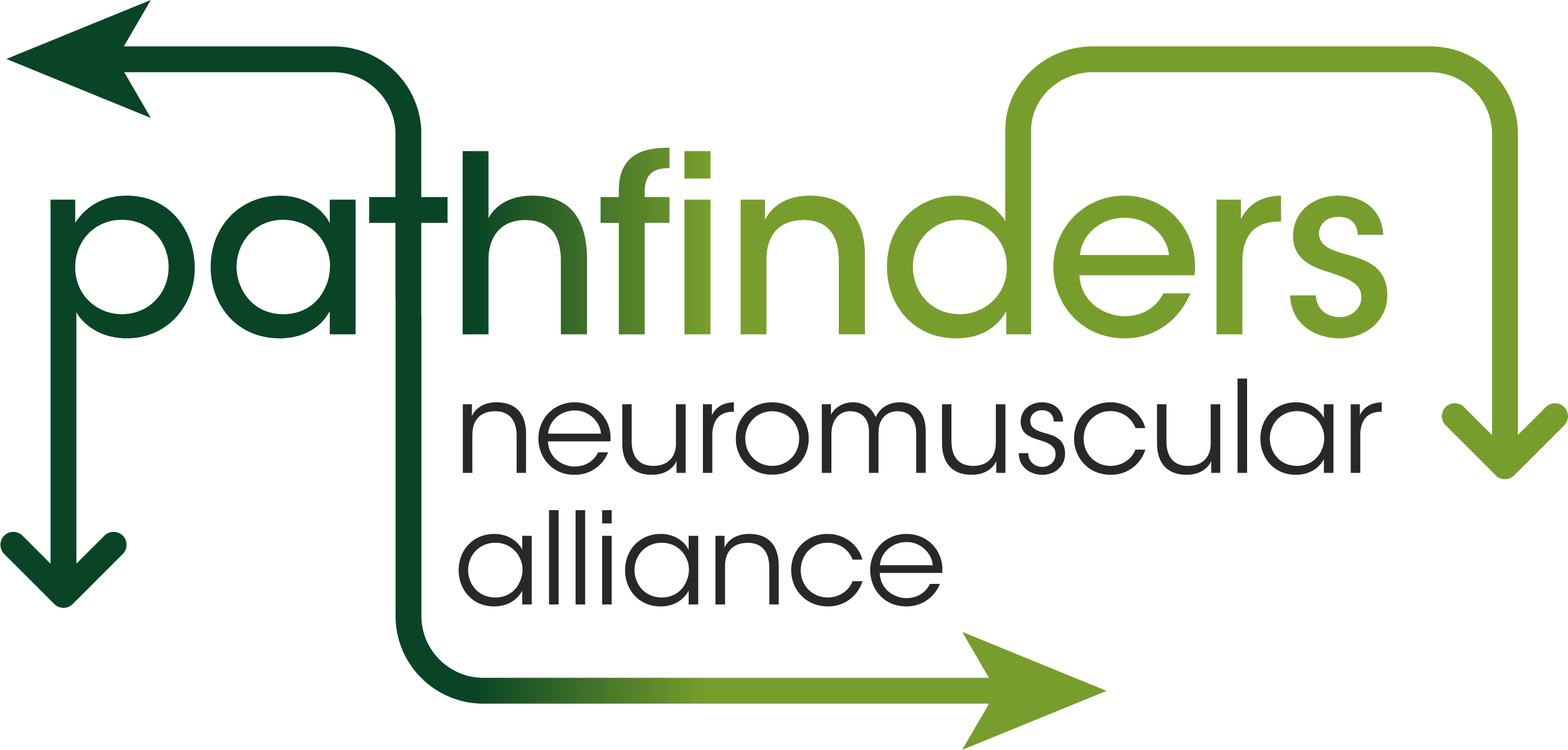
Jamie Hale
-
COVID-19 Statement and FAQ
There has been considerable anxiety amongst people with neuromuscular conditions about the risks of COVID-19. While there have been anecdotal reports of people developing COVID-19 and recovering, any source of respiratory infection is very concerning…
-
Accessible Transport Options
Public Transport There are lots of ways of getting around. Public transport isn’t just getting quicker and more efficient, it’s also getting more accessible. Buses In the UK most buses are wheelchair accessible. However, not…
-
Living With a Feeding Tube
What is a feeding tube? A feeding tube delivers a nutrient feed directly into the stomach or intestine. This allows an adult with a muscle-weakening condition to meet their nutritional needs without chewing or swallowing…
-
The Nutrition Timeline for People with DMD
The nutrition timeline shows people with DMD’s nutritional needs changing as they grow up. As Duchenne progresses, nutritional issues also change. It’s important to ensure that people’s nutritional needs are met, whilst recognising that being…
-
How to Eat a Healthy Diet
In general, adults with neuromuscular disorders should strive to have a healthy diet. A healthy diet is balanced in energy, protein, fluid, calcium, vitamin D, and other nutrients. Adults should aim to include a variety…






